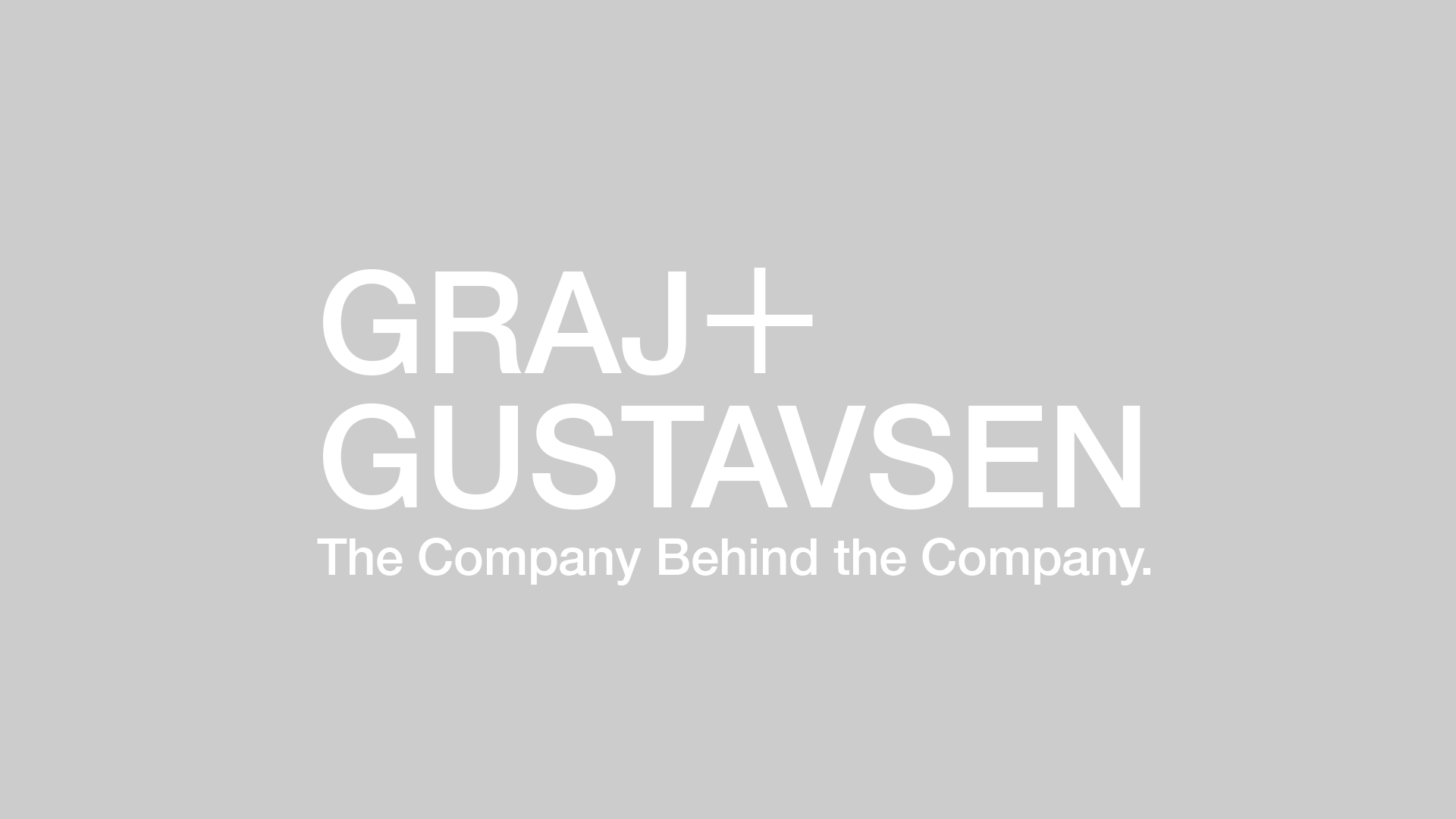Who can resist beaming at the sheer power of today’s systems. Marvel at how shipment delivery dates have become more reliable. Swim in a veritable sea of information about your customers and slice every shred of data in countless ways. Milk your data base to anticipate nearly every customer concern and insulate yourself with prefabricated responses. For those who thrive on control, you couldn’t have been born in a better time. But, not long ago, a tectonic shift took place in the world of business. The cookie didn’t crumble. The cookie cutter did.
At the same time one’s smugness about the controllability of business grows, so too does the mortal risk of becoming inauthentic. Three-time Pulitzer Prize winner Thomas Friedman has described how modern information has made the modern world flat and irreversibly interconnected. But, Friedman also nailed an equally powerful truth when he said: “There is no substitute for face-to-face reporting and research.”
You only gain power from face-to-face contact when you listen first and initiate second. Let’s say a salesperson or customer representative tries to beef-up a transaction with a prompt about an add-on item . . . information that could only be triggered by a review of the customer’s profile and sales history. Increasingly people are coming to resent that kind of transparency. They’ve grown suspicious that firms are out to manage and exploit them. You can see it in their eyes: “Oh no, here comes the corporate cookie cutter again, bent on carving yet another sale out of that huge base of data they’ve dredged up on me.”
The zeitgeist of the future is clearly one of transparency. People are far more reflective about their future, where they’re headed and how they will use the precious time available to them. They may put up with the naked transparency of endless data bases and airport scanners, but they will gravitate toward businesses which open themselves up and actually listen to customers – businesses that engage in earnest dialogue before they have figured everything out and try to anticipate your every response.
What do you consider big-league risk-taking to be? Is it betting the farm on a major market entry? Is it dropping a mainstay product line that’s slowly losing relevance? Now, here’s real risk: How about allowing, even encouraging your employees to become empathetic listeners to your customers? An old-line industrial engineer, bred on a reliable diet of Frederick W. Taylor time-motion studies, would scoff at this as sheer malarkey. Yet, I think the future belongs to companies that do exactly that . . . without the posturing and a phony sense of seeming genuine.
Being genuine doesn’t take employees off the hook from doing work. In fact, it obliges them to work more earnestly and skillfully as problem solvers on the customers behalf. This is true empowerment in that it challenges employees to adopt the same sincerity to listen to customers that motivates most entrepreneurs to found businesses.
Empathetic listening includes giving customers permission to use products and points-of-sale in the ways that achieve their own objectives. What, for example, if a restaurant made you and your companion secure in ordering one meal and sharing it? Such tolerance may be bad for the business of the moment, but very good for the business of the future. Bookstores that let you sip a latté while you leisurely browse through a book already understand this.
Does business need to sink its moorings in truly serving the human needs of customers? “Communication leads to community, that is, to understanding, intimacy and mutual valuing,” as psychologist Rollo May summed it up pretty well. My prediction: Businesses that throw away that obsolete cookie cutter in managing customer contact and service will not only thrive . . . they will also harness a daily source of energy and engagement for their people to make a difference in the lives of others.


